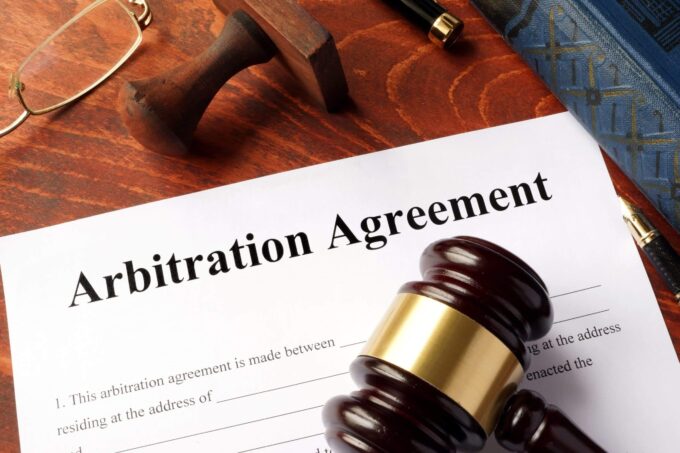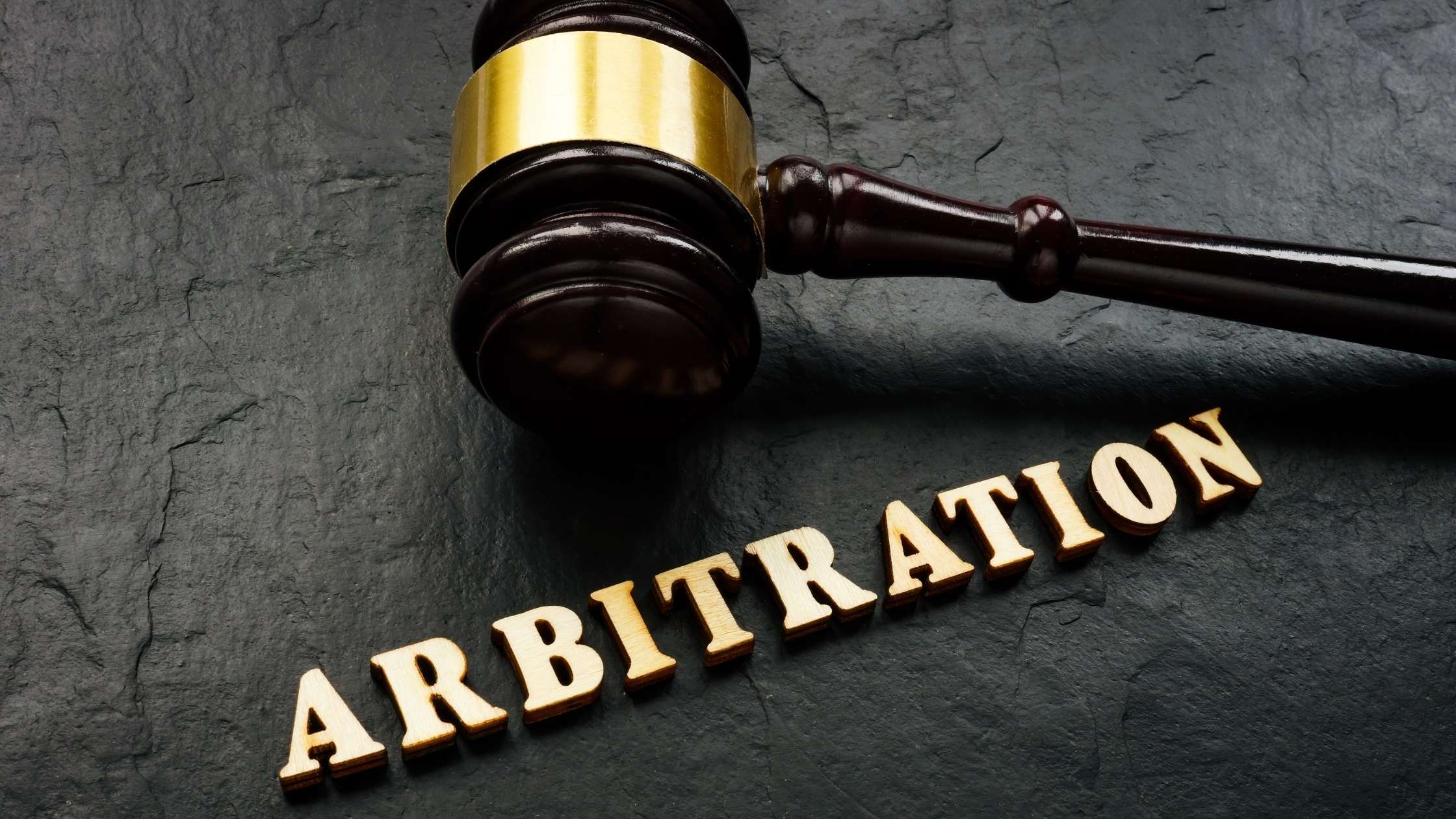If you are an investor who has suffered losses due to the actions of a broker or financial advisor, it is important to understand what securities arbitration is and how it works. Over the past decade, securities arbitration has become increasingly popular as an alternative dispute resolution as a way to avoid the time, expense, and uncertainty of traditional litigation.
Securities Arbitration
The term “ securities arbitration” refers to the process of resolving disputes in the securities industry, involving the use of an independent third-party arbitrator who hears evidence and arguments from both sides and makes a decision on the dispute. It is overseen by the Financial Industry Regulatory Authority (FINRA), a self-regulatory organization that has the authority to regulate and enforce securities laws in the United States.
How it differs from securities litigation

Unlike traditional litigation, which is conducted in the courts, securities arbitration is a private process that is conducted outside of the courtroom. It is generally less formal than a courtroom trial, and the rules of evidence and procedure are more relaxed. The goal of securities arbitration is to provide a fair and impartial resolution to disputes between investors and brokers or financial advisors in a timely and cost-effective manner.
Litigation can be very expensive, with high legal fees, court costs, and other costly expenses. This can be particularly harmful to investors who have suffered losses and may not have the resources to pay for expensive litigation.
Advantages of Securities Arbitration

Securities arbitration has several advantages over traditional litigation. One of the main and oftentimes the most important advantage is arbitration is cost-effective. Because arbitration is less formal, there aren’t as many hurdles to overcome and costly expenses. With litigation, there are high legal fees, court costs, and other expenses that are generally lower in arbitration.
Another advantage is that it is generally a more private and confidential process. This may be of interest to those investors who want to protect their personal and financial information, as well as maintain their privacy. Overall, there is less exposure of sensitive information to the public because arbitration hearings are not conducted in a public courtroom.
Furthermore, securities arbitration can be a much faster process than litigation, with disputes typically being resolved within a few months of being filed. Time is money, and the longer disputes go on, the more costly they become. Securities arbitration is a much more cost-effective option for many investors seeking to resolve disputes promptly.
Disadvantages of Securities Arbitration
While the advantages seem attractive, there are always cons to everything. Some of the main disadvantages include:
- Limited ability to appeal
- Limited discovery
- Potential bias in favor of the industry
- Binding decisions
Of these disadvantages, one of the main ones is that the outcome of securities arbitration is generally final and binding, meaning that there is limited ability to appeal the decision if the outcome was unfair. With that, there may be some bias in favor of the financial industry since the process is overseen by the FINRA. But since the results are final and binding, you won’t be able to fight it. While securities arbitration is a cost-effective method, investors should be aware of the potential disadvantages associated with them as well to make an informative decision.
Common Types of Securities Disputes That Go to Arbitration

Investing in securities can be a complex and risky process, and unfortunately, disputes between investors and brokers or advisors can arise. When these disputes cannot be resolved in negotiation or mediation, they turn to arbitration. Some of the most common types of security disputes that go to arbitration are:
- Breach of fiduciary duty
- Fraud and misrepresentation
- Unsuitable investment recommendations
- Churning (excessive trading to generate commissions)
- Failure to supervise
Overall, the disputes that go to arbitration can be complex and involve a range of legal and financial issues. If an investor has experienced any of these common disputes, it’s important to work with an experienced securities arbitration lawyer who can provide guidance and support throughout the process.
The Securities Arbitration Process

Filing a Claim
The first step in the securities arbitration process is to file a claim. Investors typically file a claim with FINRA, which will then notify the entity that the claim was filed against. This claim typically includes a description of the dispute, the damages sought, and any supporting evidence.
Selection of arbitrators
After a claim is filed, the parties will select arbitrators to hear the case. FINRA maintains a roster of qualified arbitrators who are available to serve on arbitration panels. The parties may have the opportunity to strike potential arbitrators for bias or other reasons, and the final panel will typically include three arbitrators.
Pre-hearing procedures
Before the hearing, the parties will engage in exchanging evidence and written briefs. The parties may also engage in mediation or settlement negotiations in an attempt to resolve the dispute.
The arbitration hearing

After the discovery process and filing all the necessary information in the pre-hearing process, it’s now time for the arbitration hearing. These hearings are typically held in a private location and follow a formal process similar to a trial. The pirates will present evidence, call witnesses, and make arguments before the arbitrators.
The award
Finally, the arbitrators reach an end binding decision that may include an award of damages or other relief to the prevailing party. The award is enforceable in court, and the prevailing party may seek to have the award confirmed by a court of law.
Navigating the Securities Arbitration Process
The securities arbitration process can be complex and daunting, but it can also be an effective way for investors to resolve disputes with brokers and financial advisors. To effectively navigate this process, you need a deep understanding of securities law and procedures, which is why investors need to work with an experienced securities arbitration lawyer. A qualified lawyer can provide guidance and support throughout the process, from filing a claim to presenting evidence at the hearing. Working with a lawyer can help investors protect their rights and achieve a fair resolution to their securities disputes.









